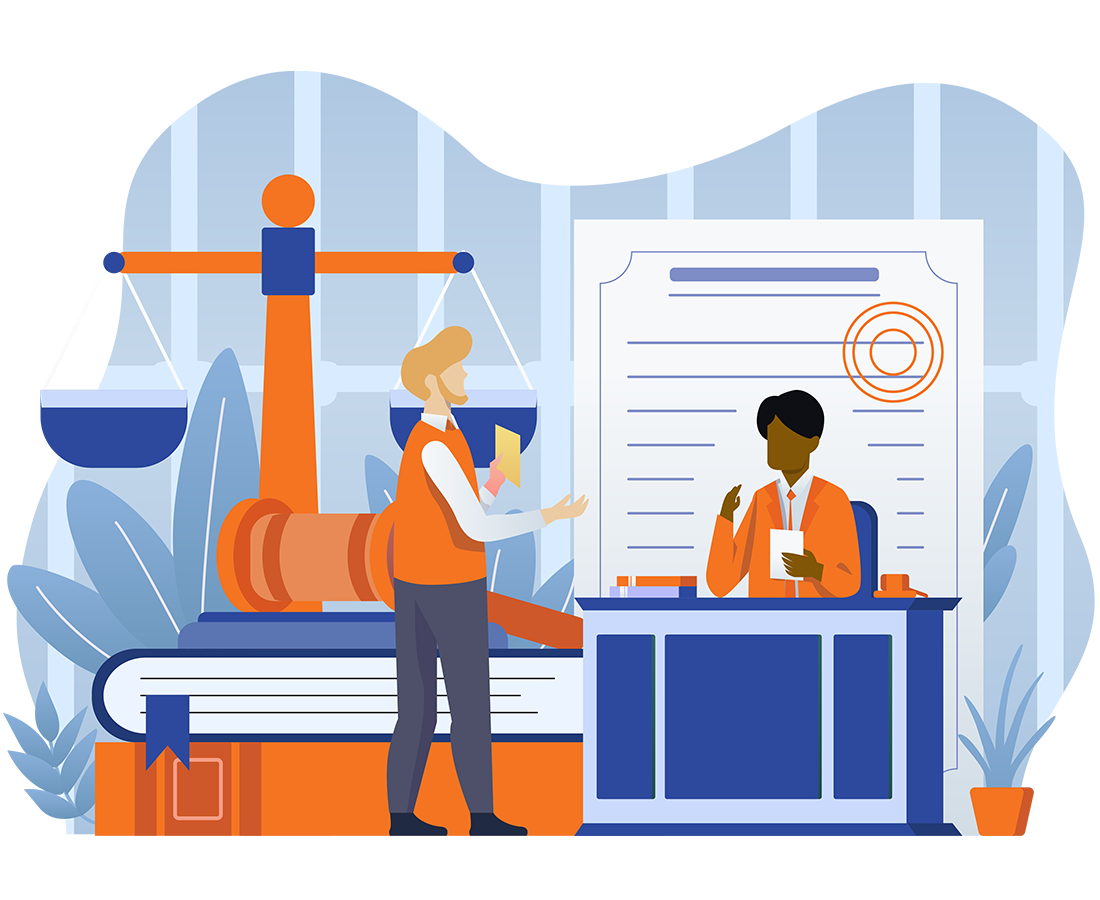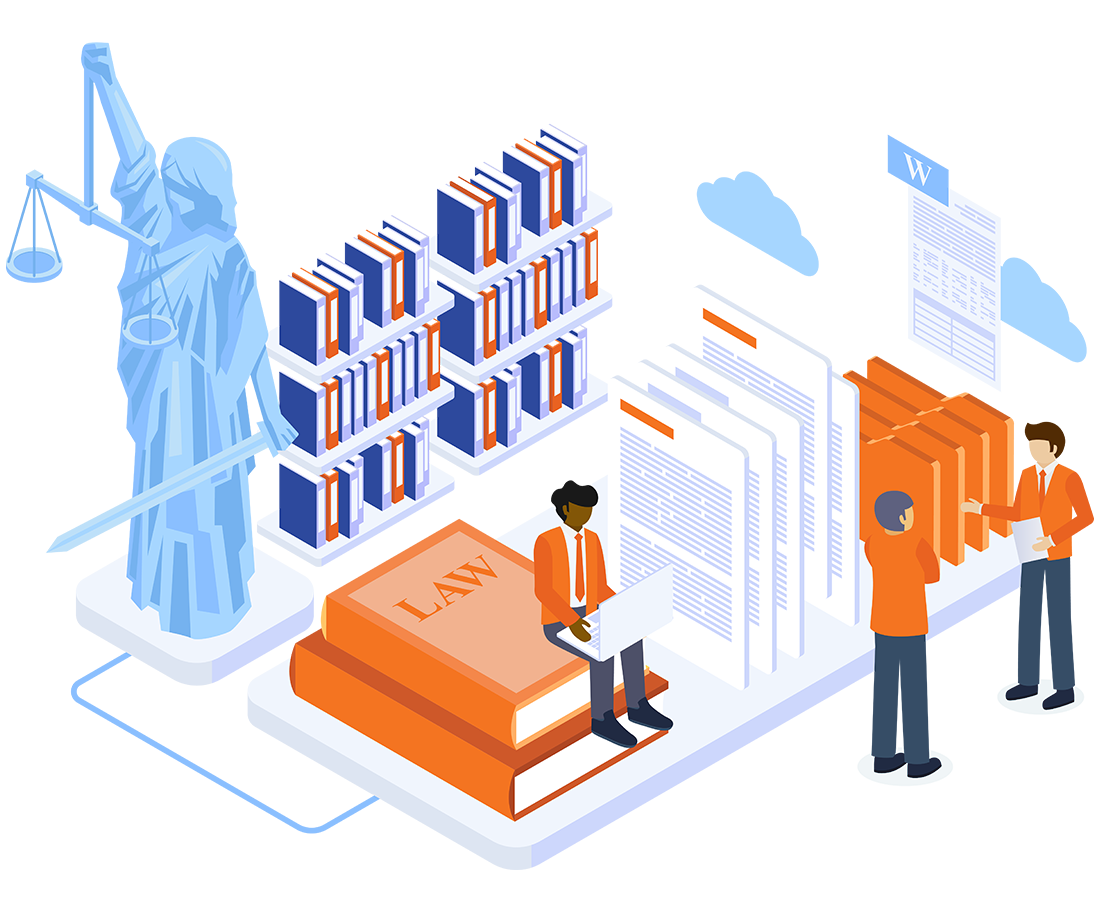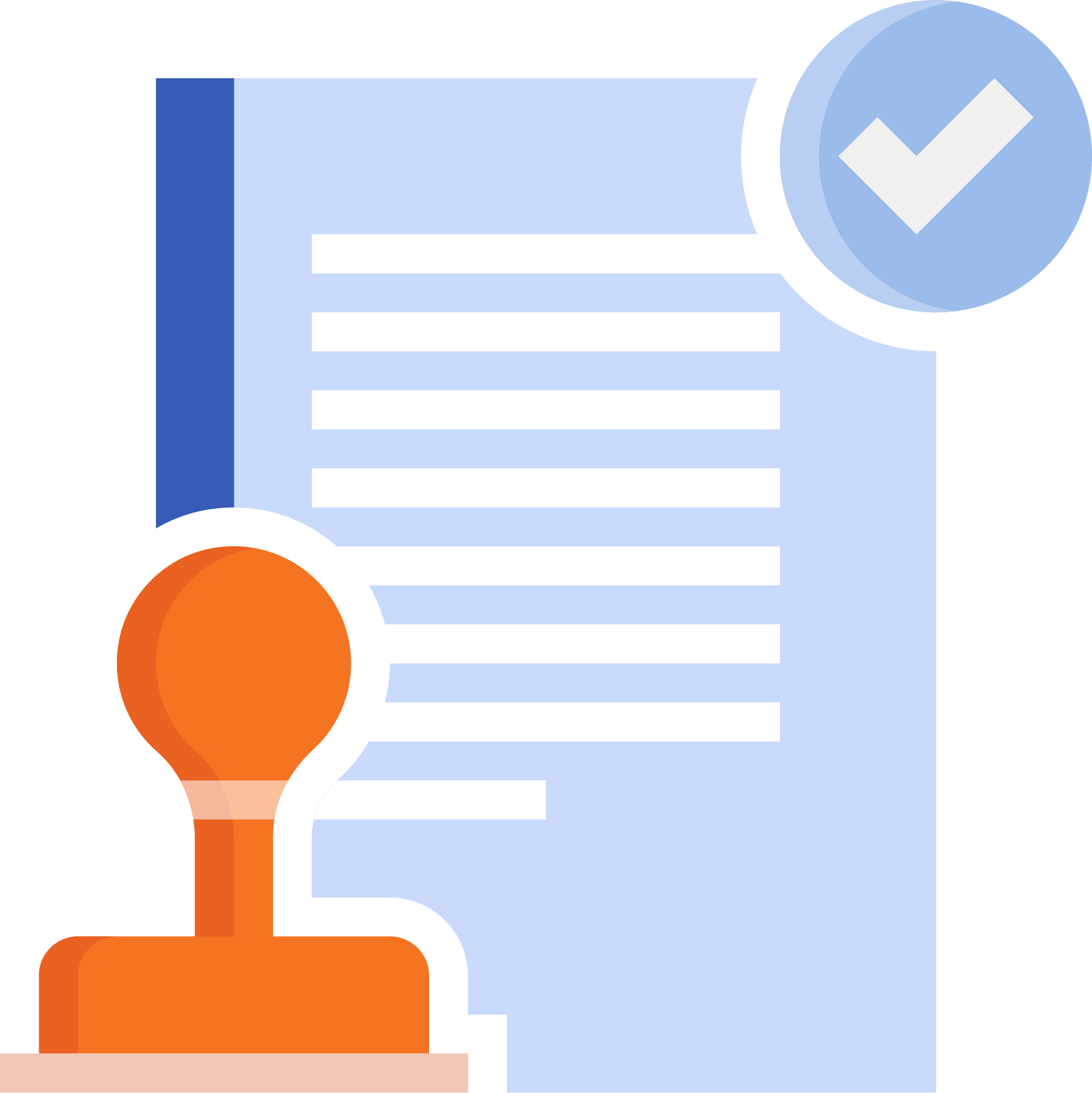Legal Processes and RPA

When it comes to your legal department’s day-to-day operations, you may feel like your team spends more time on manual business procedures than practicing law – and this can be frustrating.
Besides wasting valuable time that could be spent on important legal matters, using old-school manual processes often leads to costly errors that could, potentially, have legal repercussions.
How to Implement Automation Within Your Legal Department
Fortunately, there is a solution. More and more organizations are increasingly adopting Robotic Process Automation (RPA) to help their legal departments manage everyday administrative procedures.
To help give you a better understanding of how this innovative technology can transform your legal team’s day-to-day operations, we’ll outline some of the key benefits of RPA and how you can implement it within your organization.

Fortunately, there is a solution. More and more organizations are increasingly adopting Robotic Process Automation (RPA) to help their legal departments manage everyday administrative procedures.
To help give you a better understanding of how this innovative technology can transform your legal team’s day-to-day operations, we’ll outline some of the key benefits of RPA and how you can implement it within your organization.
What is RPA?
RPA uses software to carry out repetitive, everyday business processes that would otherwise be performed by a human. RPA bots can take care of almost any repetitive, mundane, time-consuming business task with a high amount of accuracy, which enables you to reduce operational costs and shift your focus towards higher-value tasks.
In the legal space, RPA is used to automatically execute various repetitive tasks with the goal of alleviating operational pressure, mitigating risk, and ensuring legal compliance.
- Export Control
- Regulation Checks

Benefits of RPA in the Legal Space
The advantages of deploying RPA bots in the legal space to help expedite and streamline everyday tasks are numerous.
Here are a few examples of ways your legal department can benefit from automation:
Free Up Human Capital To Focus On High-Value Tasks
![]()
Implementing RPA technology can significantly reduce the burden on your legal department so they can focus on higher priorities.investigating and advising on legal matters and staying up to date on legislative and regulatory changes and the implications they may have on your business.
When your legal team is relieved of the pressure to carry out these repetitive, time-consuming tasks expeditiously, they will feel more productive and be able to perform better when it comes to higher value tasks.

Mitigating Risk And Minimizing Human Error
![]()
A significant benefit of deploying RPA bots to perform manual legal processes is that they aren’t susceptible to human error. They don’t get tired, distracted, or overworked, so you never need to worry about mistakes slipping through the cracks that could lead to serious consequences for your organization.
Ensuring Compliance
![]()
A contract often specifies details related to compliance, such as the laws, regulations, or licensing requirements that must be followed.
By creating a digital archive of all your contracts, RPA bots can quickly search through your database and find the relevant compliance details and deliver them to the parties that are responsible for carrying out the terms of the contract.

Faster Access To Information
![]()
When searching through numerous digital records manually, it can be an incredibly exhausting and time-consuming process trying to find the information you need. With RPA, the amount of time it takes to obtain this information is significantly reduced.
Here’s why: bots can search through records for information in a matter of minutes, whereas, a human performing the same function would take hours to complete the task.
Tasks Are Completed at a More Rapid Rate
![]()
With automation tools implemented, RPA bots can complete repetitive, time-consuming, tasks 20 times faster than humans, and with significantly more accuracy. Plus, bots don’t take lunch breaks, sick days, or vacation time, are never unfocused or unproductive, and can operate at 100% capacity 24/7.
Cost Savings
![]()
RPA is an incredibly cost-effective solution. In fact, introducing RPA technology to your legal department can lead to significant operational cost savings, and can save your business 40-70% in labour per business process, over time.
According to EY, RPA even has the potential to cut the costs of existing manual processes in half.
When implemented correctly, RPA can also offer your company an ROI of 300–800 percent.
The main reason for this is that RPA enables you to reduce the amount of time that your employees spend on manual business processes.

Improve Processes
![]()
RPA can dramatically affect the way your law firm functions and lead to significant improvements when it comes to the efficiency of your existing processes.
RPA bots are able to complete tasks in a fraction of the time that it would take a human to perform the same task.
Plus, bots can complete the task with more accuracy. By automating traditional manual tasks, your business processes become more efficient, and your business will operate more smoothly.
Legal Processes That Can be Automated Using RPA
![]()

Contract Management
RPA bots have the intelligence and capability to read contracts, apply contract terms, and even compare records across multiple applications and systems.

Risk Assessment
RPA can help your lawyers and assistants in the department determine the risk of certain business decisions. RPA bots are able to perform checks, assess credit ratings and fiscal standing, and analyze different scenarios to determine potential outcomes.

Document Automation
After digitizing all client-related documents and forms, RPA can be implemented to capture and validate information in any format, and create a machine-understandable format.
RPA bots are able to extract information from your forms and enter it into your systems.

Internal Communications
RPA can automate repetitive, time-consuming correspondence both internally and with other departments Here are some examples:
- Documents can be exchanged more efficiently through an RPA managed portal
- Upon receiving or sending documents, confirmation will be sent automatically
- Notifications can be sent to alert the relevant party – for example, when a document has been reviewed, or documents are missing

Compliance
RPA can help your organization ensure compliance in a variety of ways. Bots can be deployed to update records for compliance reporting automatically, identify and send agreements that require review from legal, and make changes to document templates and contract clauses to ensure compliance.

E-Discovery
Despite the many advances in technology over the years, most e-discovery tools still rely heavily on humans to manually sort through and analyze the results.
RPA can automate the review of e-discovery materials by carrying out various steps in the search process and analyze the data. This helps simplify this time-intensive task.

Patent Management
RPA can enable your Intellectual Property lawyers to computerize the approval of patent documents, and monitor the status of applications.
Think RPA is Right For You?
Whether you are a beginner to the world of Robotic Process Automation and require some guidance, or you are already familiar with RPA solutions, our goal at Thrive Automation is to ensure your team is fully supported and empowered to implement RPA in a way that helps your business reach its full potential.
We offer the following options, depending on your knowledge and experience level with RPA:
- Automation Readiness Audit (ARA)
- Automation Roadmap
- Automation Pilot
- Automation Centre of Excellence
- Thrive Care
